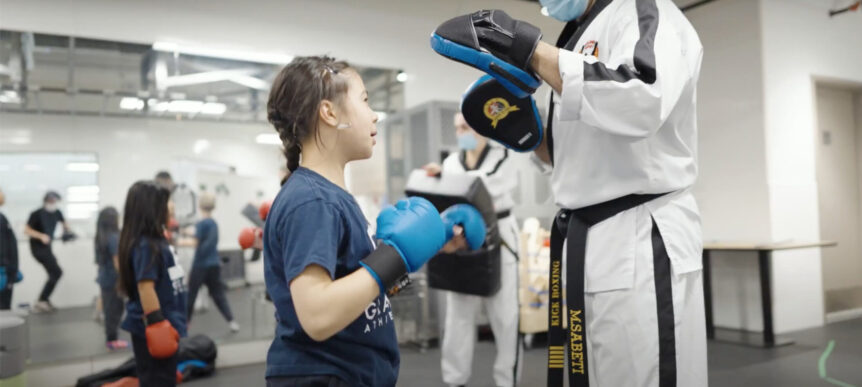There have been several notable research studies conducted on the effectiveness and benefits of Challenge-Based Learning (CBL) in school-aged children and youth.
The studies provide evidence supporting the potential benefits and effectiveness of Challenge-Based Learning in promoting student engagement, critical thinking, and real-world application of knowledge.
Challenge-Based Learning (CBL) has gained attention in the educational research field, and several studies have explored its impact on student learning. Here are four notable research that are widely referenced:
1. “Challenge-Based Learning in Higher Education: An Empirical Study” by Hargreaves, Mann, and Sameshima (2017)
This study investigated the implementation of CBL in higher education settings. The researchers found that CBL enhanced student engagement, collaboration, and critical thinking skills. Students reported increased motivation and a deeper understanding of the subject matter.
2. “An Exploration of the Effects of Challenge-Based Learning on Middle School Students’ Self-Efficacy in Science” by Voogt, Erstad, Dede, and Mishra (2013)
This study focused on the impact of CBL on middle school students’ self-efficacy in science. The researchers found that CBL positively influenced students’ self-efficacy beliefs, indicating that engaging in authentic challenges improved students’ confidence in their ability to succeed in science.
3. “Designing for Challenge-Based Learning in Science Classrooms” by Penuel et al. (2012)
This study examined the design and implementation of CBL in science classrooms. The researchers found that CBL supported students in making connections between science concepts and real-world applications. It also fostered collaboration, critical thinking, and creativity among students.
4. “Challenge-Based Instruction: Insights from the Teaching Practices of Award-Winning Teachers” by Brush, Glazewski, and Hew (2008)
This study investigated the practices of award-winning teachers implementing CBL. The researchers identified several key elements of effective CBL implementation, including authentic connections to students’ lives, interdisciplinary approaches, collaborative group work, and reflection on learning.
These studies provide insights into the potential benefits and effectiveness of Challenge-Based Learning in promoting student engagement, critical thinking, and real-world application of knowledge. While further research is still needed to fully understand the impact of CBL across different educational contexts and subject areas, these studies contribute to the growing body of research supporting the effectiveness of CBL as an instructional approach.


